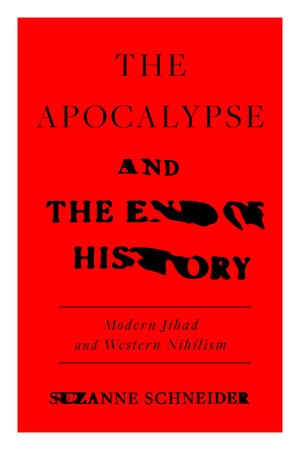What do you think?
Rate this book


256 pages, Hardcover
Published September 7, 2021
I am proposing something quite different... global in scope: that neoliberalismitself was prefigured - if not actively constructed - in the colonial world... Within this framework, the Global South is not the secondary market for Western politics but a key site of their emergence, which is why - however counterintuitive is might seem - the recent history of Islamic militancy speaks also to social and political trends in the West. The colony preceded the metropole, and grappling with the crises of neoliberal governance is consequantly enriched by linking it to the "peripheral" histories that have helped pave the way.